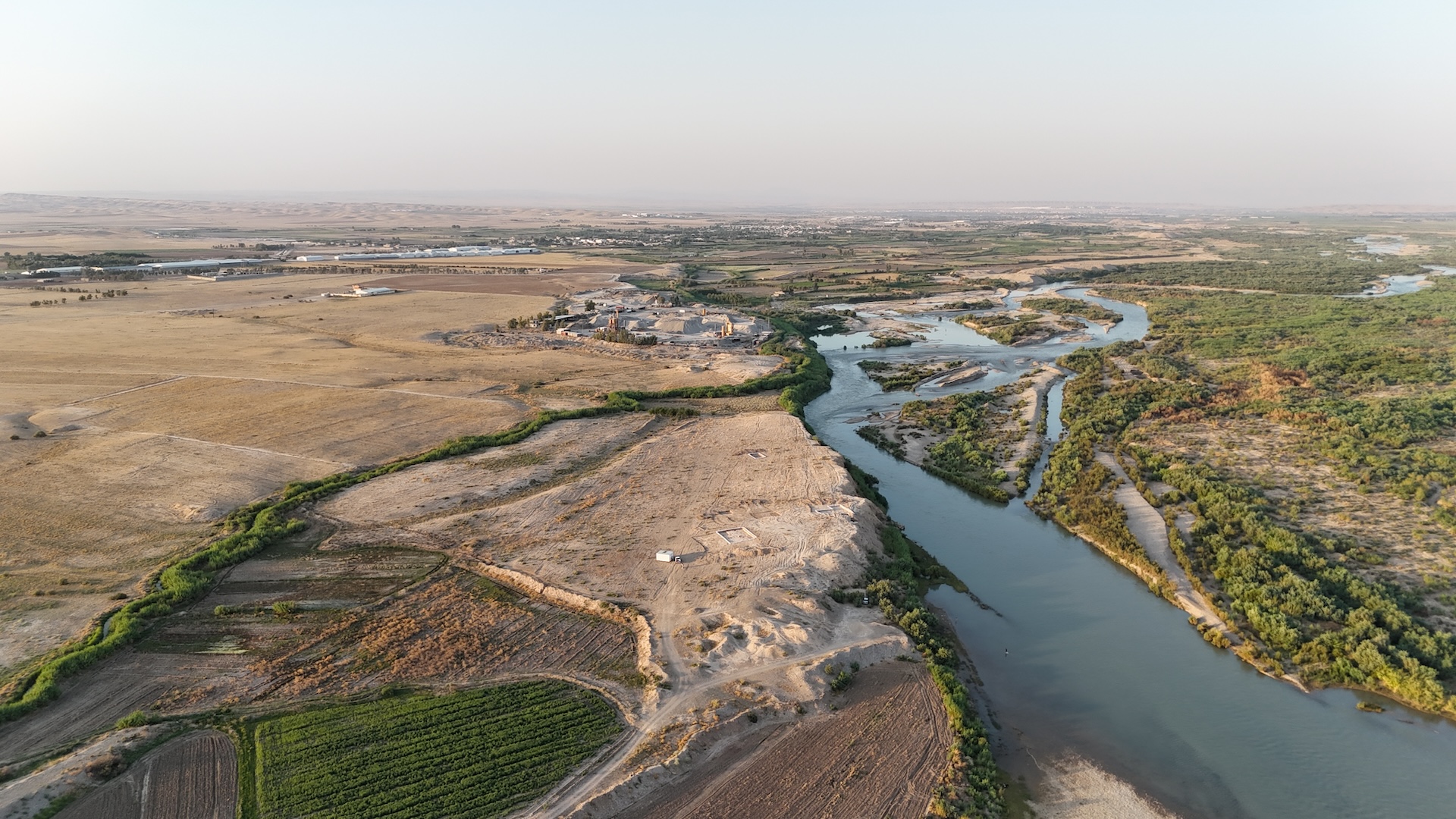Fishes, Vol. 9, Pages 496: Effects of Dietary Chlorogenic Acid on the Growth, Lipid Metabolism, Antioxidant Capacity, and Non-Specific Immunity of Asian Swamp Eel (Monopterus albus)
Fishes doi: 10.3390/fishes9120496
Authors: Hang Yang Chengcheng Wu Quan Yuan Weiwei Lv Junqiang Qiu Mingyou Li Qinghua Zhang Wenzong Zhou
To investigate the dietary effects of chlorogenic acid (CGA) on the growth performance, lipid metabolism, antioxidant activity, and non-specific immunity of Asian swamp eel (Monopterus albus) during the domestication stage, a 28-day feeding experiment was conducted to supplement with CGA at levels of 0 (Cont.), 250 (CGA 0.50%), 500 (CGA 1.00%), and 750 (CGA 1.50%) mg/kg·bw by feeding with yellow mealworm (Tenebrio molitor). Compared with the control group, the addition of 250–750 mg/kg of CGA significantly increased the weight-gain rate (WG) of M. albus, and the CGA 1.0% group displayed the highest value. The content of hemoglobin and high-density lipoprotein in all CGA groups was markedly elevated (p < 0.05), while the triglyceride, glucose, low-density lipoprotein, and glycosylated serum protein levels were lowered (p < 0.05). Among the antioxidant enzymes, the glutathione peroxidase and catalase activity was significantly higher in all experimental groups than that of the control group, whereas the malondialdehyde activity was significantly reduced (p < 0.05). For a non-specific immune enzyme system, the lysozyme and alkaline phosphatase activity in all treatments and the superoxide dismutase and acid phosphatase activity in the CGA 0.5% group was markedly increased (p < 0.05). In conclusion, supplementation with CGA can enhance the growth performance and improve the lipid metabolism, antioxidant capacity, and non-specific immunity of M. albus during the domestication stage, and the optimal CGA supplementation for T. molitor as biocarrier bait is 500 mg/kg, corresponding to 405 mg/kg.

 1 day ago
12
1 day ago
12

